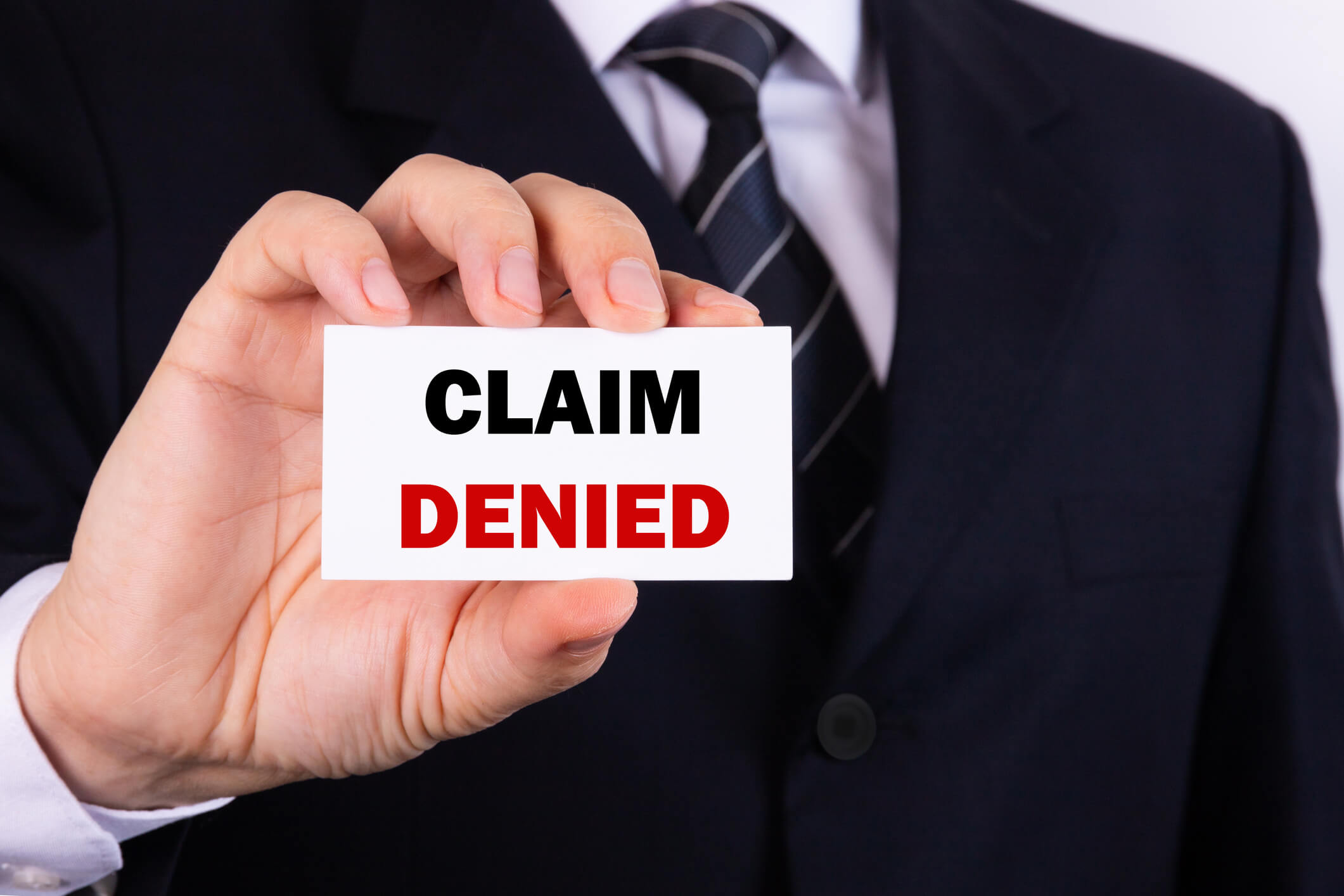

All employers in Arizona are obligated to provide workers’ compensation benefits to their employees. As Arizona is a “no-fault” state, this means that in most circumstances, when an employee is injured, the employer’s insurance company will accept and pay the claim. If the claim is denied, the worker must contest the insurer’s decision by filing for a review of claim which will be reviewed, and a decision made by an Industrial Commission of Arizona (ICA) judge. Learn more about the history of the ICA here.
But what happens if your employer goes out of business or the employer’s insurance company is insolvent? Help is available through Arizona’s Special Fund which will take on your payment of benefits and medical bills. This falls under A.R.S. § 23-966 that outlines the situations where the Special Fund steps in when the insurance company, or the employer, or both, cannot pay the bills.

Table of Contents
Your benefits and medical bills are paid just as if the employer’s insurance company were paying them. If you need to apply to the Special Fund, speak to a workers’ compensation attorney about what is involved and whether you will need legal help to apply. You want to make sure you apply correctly the first time using all the documentation you need to get your claim approved.
You can also call 602-542-3294 at the Special Fund to find out more about what is involved with filing your claim. Once your claim is approved, you do not need to worry about anything else as the fund will take care of processing the claim from there.
If an employer is still active but without insurance, the Special Fund will bill the employer for all the payments along with any assessed penalty fees. If the insurance company is still active but did not receive payments from that employer, the employer is still liable for the coverage.
If both the insurance company and the employer are out of business, the Special Fund handles where it gets the money to pay the bills. The Fund does not receive general tax revenue but does receive assessments on self-insured employers, along with its own asset investments. Find more information here (Section 9) for the funding of the Special Fund from a 2012 case.
For those employees who were injured before August 8, 1973, and who are at a stationary level of recovery but need additional care to maintain that level, may receive medical benefits from the Special Fund. This only true if all payable benefits by the insurance carrier have been exhausted.
This ensures that older disabled former workers, unable to support paying medical bills on their own, can still live within a certain quality of life that they have adapted to, regarding their medical conditions.
If your case fits any of the described situations listed above, in Phoenix, Arizona, work comp lawyer(s) will help you with your claim. Call 602-346-9009 for more information.